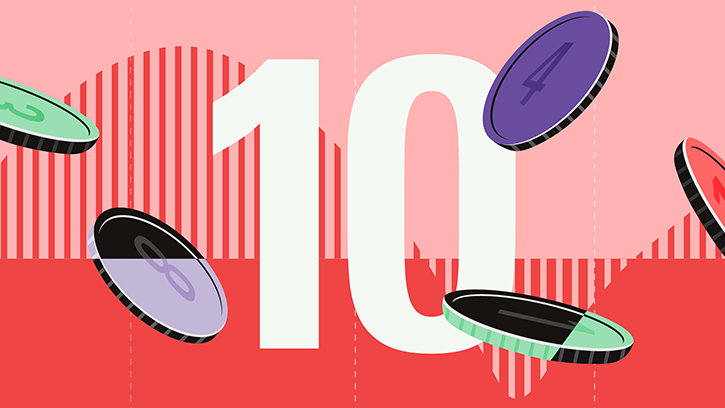
The stock market might have had a strong February, but investors do not seem confident in a continued rally, according to Morningstar data.
Over the last month, funds domiciled in the UK suffered £3.34 billion in net outflows – and for the second time in 12 months, not a single asset class managed to attract net inflows.
Morningstar manager research analyst Giovanni Cafaro points out that the February figures further extend the year-to-date negative outflows, now over £5 billion, amid continued market uncertainty.
The largest withdrawals were from allocation categories at £1.22 billion, followed by money market funds at £916 million. That's the biggest monthly outflow for the asset class since June 2023, partially reversing the inflows posted during the second half of last year.
Meanwhile, the £748 million outflow from equity strategies brought the yearly total for the asset class to £2.78 billion. It is now the category with the largest outflows so far this year.
It's also worth noting the £255 million of outflows from property strategies.
We've covered the struggles of property funds before, particularly during Covid-19, when many of these previously-healthy funds had to suspend withdrawals. The entire asset class holds about £7 billion in total and so far this year its outflows are surpassing those of fixed income, an asset class worth roughly £178 billion.
There are individual categories within the asset classes that have remained attractive to investors, however. Year-to-date inflows into Global Large-Cap Blend Equity funds continue, and the same goes for India Equity and Global Emerging Markets Equity. Other Bond and GBP Allocation 80%+ Equity also continue attracting investors.
At the other end, both Global Equity Income and Global Large-Cap Growth Equity strategies see net outflows. As does Global Flexible Allocation and Other Allocation. GBP Money Market - Short Term accounted for almost half of the outflows from the money market asset class.
How Are Active Funds Doing?
Active funds are also out of favour.
In February, £6.6 billion was withdrawn – meaning that, just two months into 2024, investors have decided to remove almost £10 billion (£9.81 billion to be precise) from active strategies in the UK. Passive funds, meanwhile, had another positive month, with £3.21 billion added.
Fitting with the theme of investors' preferring passive strategies to active counterparts, BlackRock, Legal & General, Vanguard and HSBC all recorded net inflows. BlackRock alone attracted £1.64 billion.
Four passive funds feature in the top five inflows for February, with iShares North American Equity Index topping the list with £500 million. The active outlier is BlackRock European Dynamic, with net inflows amounting to £262 million.
Baillie Gifford continues as the fund house with the largest outflows at £974 million in February, followed by Fidelity International, Abrdn and Schroders.
Do Investors Like ESG Funds?
Lastly, another continuing trend is the ongoing inflow into sustainably-labelled funds. These strategies continue to see inflows, and while they remain modest at the moment, they have been more resilient to redemptions over the past 12 months. Those with a sustainable label saw £218 million in inflows, while those without suffered £3.75 billion in withdrawals.





























